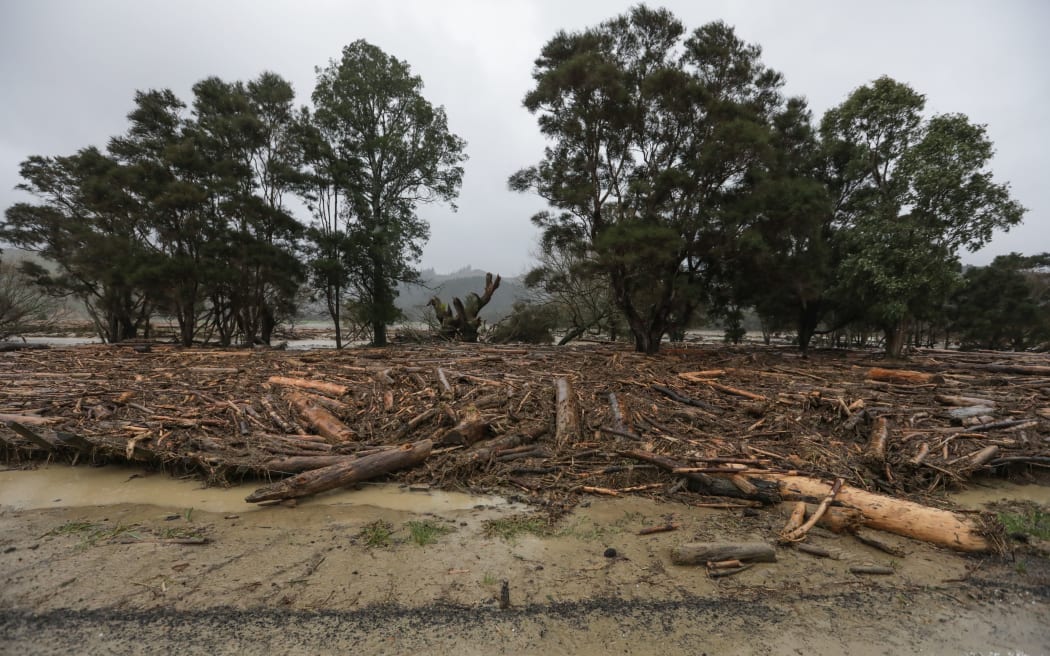Effectively managing forestry slash

Local forestry workers are taking positive action on slash. Photo: Supplied.
Slash is a dirty word these days, but in the Top of the South, forestry companies are taking positive action on the potential damage it can cause.
Local forestry workers are aware of the devastation forestry waste can cause and they are not just concerned, they’re doing something about it with various methods of effective slash management.
Crews have been talking and working hard, examining and implementing ways to improve their practices so that the damaging debris that was thrown around in Cyclone Gabrielle, damaging infrastructure and communities, is never a reality in our region should we be unfortunate enough to experience such a major storm.
Slash is a waste product from commercial forestry and can be branches, stumps, or whole trees. Wood in this form takes a long time to break down, meaning that it can sit around for years. Therefore, to remove any risk it poses, the slash needs to be managed effectively.
Workers, who are logging under M&R Forestland Management, have already taken a stance with slash, and are well on their way to effective slash management and reduced community risk.
Crew manager for Endurance Logging Tasman, Aaron Lamborn, says every part of the tree is utilised.
“The bent, ugly stuff not good enough for export goes on a truck to the pulp mill. I’ve been logging for almost 32 years and old slash practices were to push it over the edge of the skid site and forget about it, which caused problems. So, it’s great to see things have changed and it’s being managed better.”
Shane Ham, also from Endurance Logging Tasman, says for the past four to five years they have been taking slash, shorter stems and leftovers off the hill, by collecting it in a bin truck and taking it to a big flat secure landing area.
“If there’s no suitable safe area, then it’s removed completely. I’ve been in the industry for 17 years and spent the last six years in a mechanised tree-falling machine. I have different techniques for felling trees away from waterways and natives.”
Kim Carter, operations manager for Kelly Logging Marlborough, says they have invested in a shredding machine, which shreds the slash waste into smaller material which is then used for road and landing stability.
“This in turn minimises the amount of mud and silt, helping with sediment control. It has also made for a better work environment during winter periods through a reduction of mud underfoot.”
